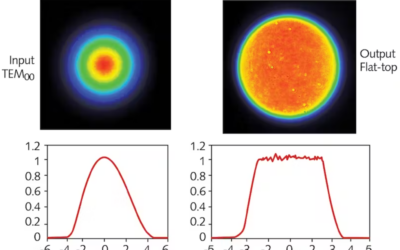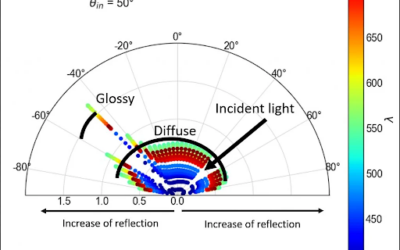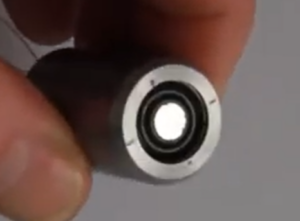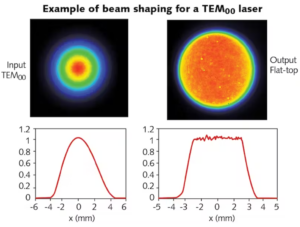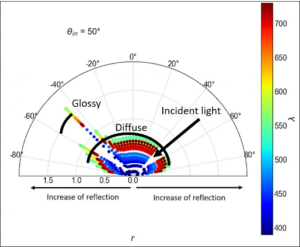Finding the right optical engineer is crucial for success in industries ranging from electronics to healthcare. Here’s a comprehensive guide on how to hire an optical engineer, covering questions to ask, essential skills, and considerations for defining your application area.
Questions to Ask:
- Technical Proficiency:
– Can you explain the principles of optical design? [1]
– When creating a new optical product, how do you establish its specifications?
– In which specific area of optical engineering do you specialize?
- Experience and Projects:
– Share a challenging project you’ve worked on and the role you played.
– How do you approach the design of optical systems for specific applications? [2]
- Problem-Solving:
– Describe a situation where you had to troubleshoot and resolve a complex optical design issue.
- Software Skills:
– What software tools are you proficient in for optical design? [3]
- Collaboration:
– How do you collaborate with cross-functional teams to integrate optical systems into larger projects?
Skills They Should Have:
- Optical Design and Analysis:
– Proficiency in optical design software and tools.
– Strong analytical skills for designing and optimizing optical systems.
- Communication Skills:
– Ability to communicate complex optical concepts to non-experts.
- Problem-Solving:
– Strong troubleshooting skills for resolving optical design challenges.
- Team Collaboration:
– Experience working collaboratively in multidisciplinary teams.
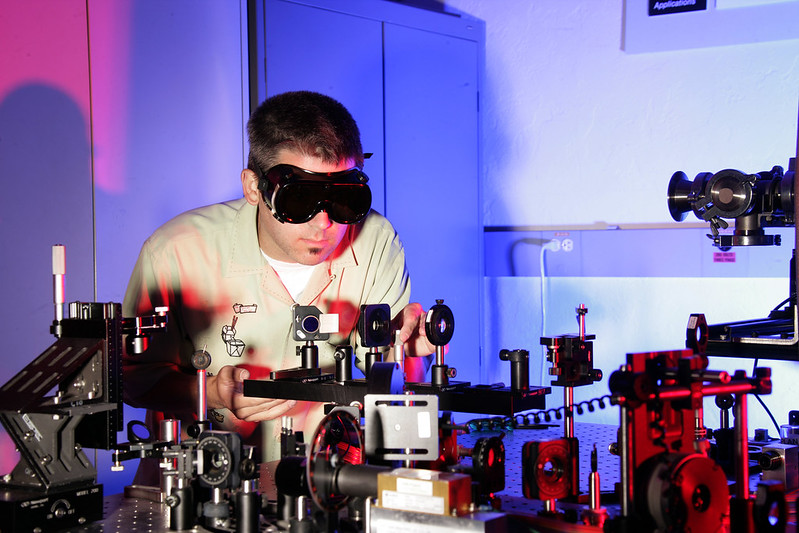
Figure 1. Optical Engineer. Image from Idaho National Laboratory
Defining Your Application Area and Skills Needed:
- Illumination vs. Imaging:
– Specify whether the focus is on illumination systems or imaging systems.
– Look for expertise in the relevant field, such as lens design for imaging or light source optimization for illumination. [5]
- Industry-Specific Knowledge:
– Tailor questions and requirements based on the industry, whether it’s consumer electronics, medical devices, or aerospace.
- Adaptability:
– Seek candidates who demonstrate adaptability to diverse optical challenges across different applications.
In summary, a successful optical engineer possesses a blend of technical expertise, problem-solving skills, and the ability to collaborate in interdisciplinary settings. Tailoring questions to their experience and the specific application area ensures a more precise fit for your organization.
Sources
- guru.com – Interview Questions for Optical Engineers
- interviewprep.org – 20 Common Optical Engineer Interview Questions and Answers
- climbtheladder.com – 25 Optical Engineer Interview Questions and Answers
- 4cornerresources.com – Optical Imaging Engineer Job Descriptions for Hiring

